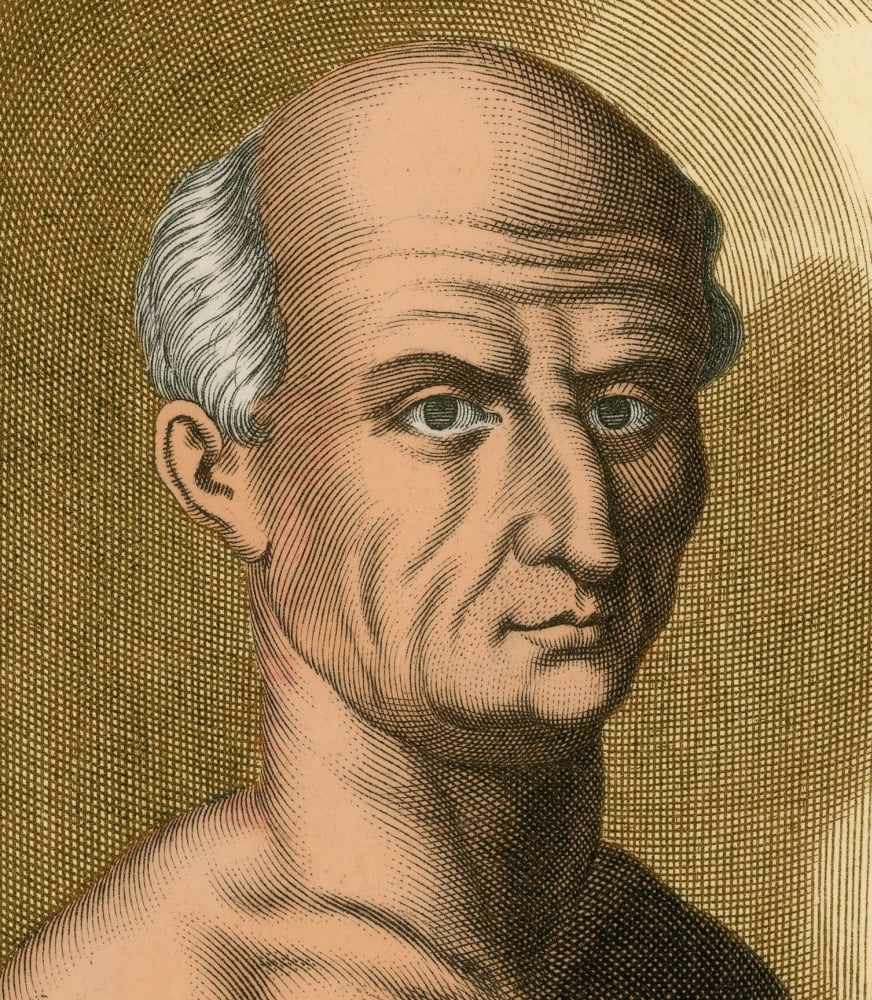Cicero's Influence On Modern Political Thought
Share

Marcus Tullius Cicero, a Roman statesman, orator, and philosopher, has left an indelible mark on the landscape of modern political thought. His ideas on governance, law, and ethics continue to resonate, shaping contemporary political discourse and practice. This article explores Cicero's profound influence on political philosophy, his key contributions, and how his thoughts remain relevant in today's world.
The Life and Times of Cicero

Cicero was born on January 3, 106 BC, in Arpinum, Italy. He rose to prominence during the late Roman Republic, a time marked by political turmoil and social upheaval. As a lawyer and politician, Cicero's career was characterized by his commitment to the Roman Republic's ideals. His writings, particularly on the nature of justice and the role of the state, have been foundational in the development of Western political thought.
Key Contributions to Political Philosophy
Cicero's contributions to political philosophy can be categorized into several key areas:
1. Natural Law

Cicero was a staunch advocate of natural law, the idea that certain rights are inherent and universal, not contingent upon laws or customs. He believed that true justice is rooted in nature and that human laws must align with this natural order. This concept laid the groundwork for later theories of human rights and constitutional law, influencing thinkers like John Locke and Thomas Jefferson.
2. The Role of the Citizen
Cicero emphasized the importance of active citizenship and civic duty. He argued that individuals have a responsibility to participate in public life and uphold the principles of justice and virtue. This notion of civic engagement is echoed in modern democratic societies, where the participation of citizens is crucial for the health of the political system.
3. Rhetoric and Persuasion

Cicero's mastery of rhetoric has had a lasting impact on political communication. His speeches and writings demonstrate the power of language in shaping public opinion and influencing political outcomes. Modern politicians and leaders continue to draw on Cicero's techniques of persuasion, recognizing the importance of effective communication in governance.
Cicero's Influence on Modern Political Thought
Cicero's ideas have permeated various aspects of modern political thought, from legal theory to democratic governance. Here are some notable influences:
1. The Foundations of Democracy
Cicero's belief in the importance of a mixed government—combining elements of monarchy, aristocracy, and democracy—has influenced the structure of modern democratic systems. His ideas about checks and balances resonate in contemporary discussions about the separation of powers within government.
2. Human Rights and Justice
The concept of natural law that Cicero championed has been instrumental in the development of human rights discourse. His assertion that all individuals possess inherent rights has inspired movements advocating for social justice and equality, shaping the legal frameworks of many nations.
3. Political Ethics
Cicero's writings on ethics and morality in politics continue to inform debates about political integrity and accountability. His belief that leaders should act in the best interest of the public remains a guiding principle for contemporary political ethics.
The Relevance of Cicero Today

In an age marked by political polarization and ethical dilemmas, Cicero's teachings offer valuable insights. His emphasis on dialogue, reasoned debate, and the pursuit of the common good serves as a reminder of the ideals that underpin democratic governance. As citizens navigate complex political landscapes, Cicero's call for civic responsibility and moral leadership remains ever pertinent.
Conclusion: Cicero's Enduring Legacy
Cicero's influence on modern political thought is profound and multifaceted. His ideas about natural law, citizenship, rhetoric, and ethics continue to shape our understanding of governance and justice. As we reflect on the challenges facing contemporary society, Cicero's wisdom serves as a guiding light, encouraging us to engage thoughtfully in the political process and uphold the values of democracy.
In a world where political discourse often feels fragmented, Cicero's teachings remind us of the importance of unity, reason, and the pursuit of a just society. Embracing his legacy can inspire us to strive for a political landscape that honors the principles of justice, equality, and civic engagement.



